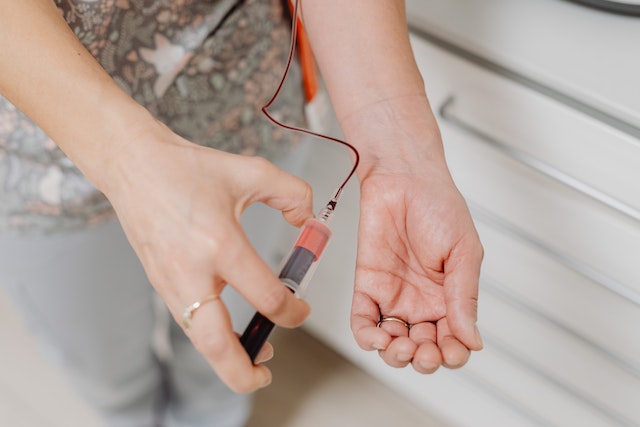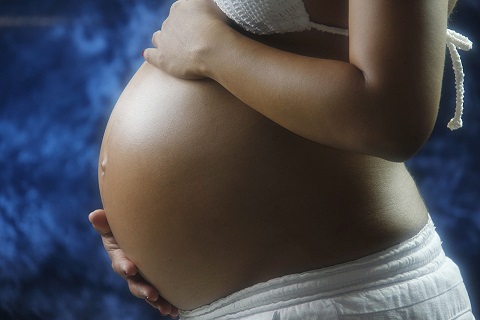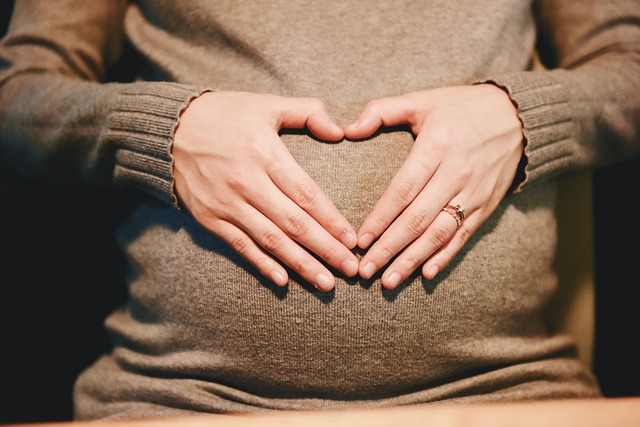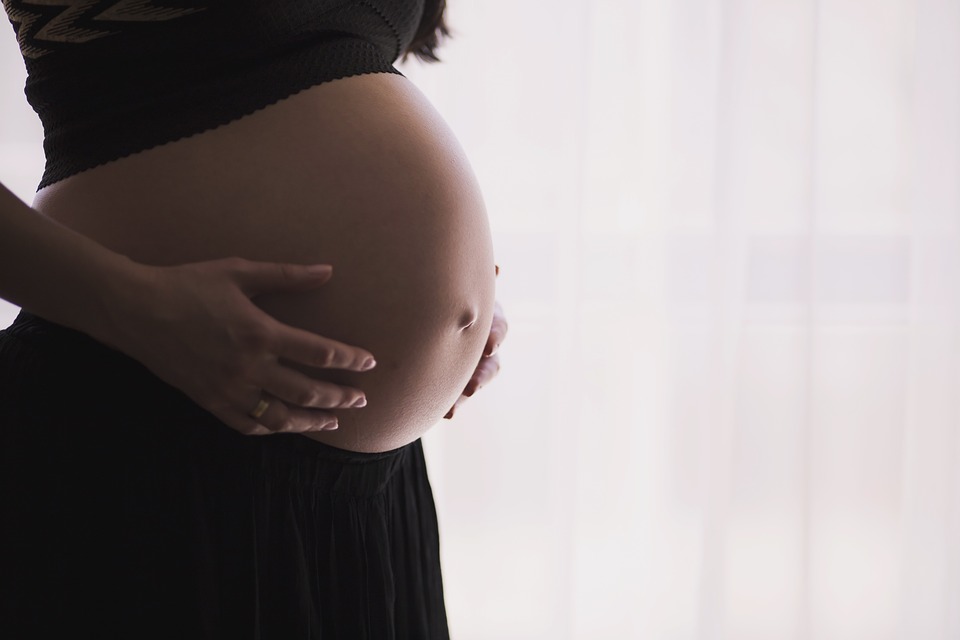
Finding out the gender of your baby is an exciting moment, and in recent years, having a gender reveal party to announce the sex of your baby has become increasingly popular. If you’re expecting and are looking for unique and exciting ways to announce the sex of your baby, you’re in the right place!
More...
The best time for NIPT (Non-Invasive Prenatal Testing) is 10 weeks into your pregnancy. If you are planning to have a NIPT test, it's best do it as soon as possible after you've passed the 10-week mark.

NIPT (Non-Invasive Prenatal Testing) is a screening test that aims to determine whether an unborn baby has chromosomal abnormalities that are likely to result in genetic conditions like Down's syndrome, Edwards' syndrome or Patau's syndrome.
More...

Food cravings are something that almost every pregnant woman will experience. From takeaways to sweets to dairy products, there will always be something that they need to satisfy a sudden urge.
More...

There are lots of early pregnancy symptoms and signs that could indicate that you are pregnant. Bear in mind that pregnancy symptoms are not the same for each woman or each pregnancy, but we hope this article can help you to confirm anything that you may be experiencing!
More...

One thing that almost every expectant mother thinks about at some point before or throughout their pregnancy is their weight.
Common questions include: how much weight should I gain during pregnancy? How will my post-baby body look? Can my pregnancy weight be easily lost?
More...
If you've recently become pregnant for the first time, you no doubt have a million and one questions to ask about the experience that lies ahead. However, if we had to guess the single most common query amongst mothers-to-be, it would probably be this:
Which foods should I avoid while I'm pregnant?
